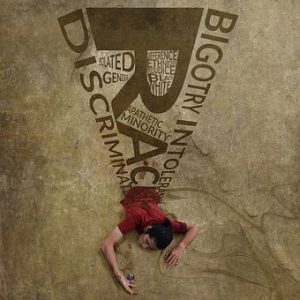
The United States Court of Appeals for the Third Circuit recently issued an opinion interpreting the New Jersey Civil Service Act regarding the reemployment rights of laid off civil service employees. It probably reached the right decision, but its reasoning was far too broad and may have a negative impact on future cases.
In that case, Tundo vs. County of Passaic, two probationary Passaic County Corrections officers with disciplinary problems were laid off as part of a mass layoff for budgetary reasons. They had not completed their “working test period” (probationary period) yet. Thereafter, the County obtained funds and sought to rehire some of the laid off employees. It therefore contacted the New Jersey Civil Service Commission so that the Commission could create a list from which the County could rehire laid off workers, which the Commission did. There was dispute about whether the list was a “revived” list – or not whether this was a revived “regular reemployment” list or a revived “open competitive” list was left unclear. The County challenged the placement of the two laid off officers on the list. The Civil Service Commission rejected the challenge. The County therefore had the officers apply for the job, but as part of the application process the County required them to sign a release of their right to sue the County. They refused to sign and the Civil Service Commission removed their names from the list. The officers then sued under Section 1983 of the Civil Rights Act of 1871, arguing that their due process rights were violated by their removal from the list. The Third Circuit disagreed, holding that employees do not have a property right to their position on a reemployment list.
The decision was correct in this case because the officers had no right to be on a special reemployment lists. However, in many cases, other officers do have a legal right to be on employment or remployment list, which would give them a “property interest” triggering due process protections before their governmental employer could remove them.
 New Jersey Lawyers Blog
New Jersey Lawyers Blog








 While the sale and possession of marijuana are flatly illegal under federal law, and the illegal status of recreational marijuana under New Jersey law has not changed yet, the
While the sale and possession of marijuana are flatly illegal under federal law, and the illegal status of recreational marijuana under New Jersey law has not changed yet, the